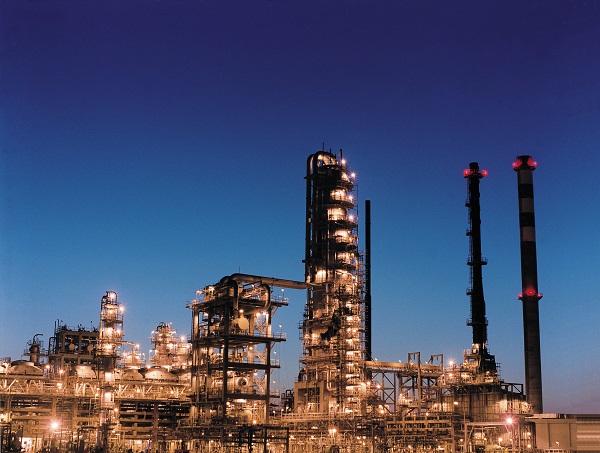
BEIJING – For the past few decades, Asia-Pacific refiners have played key roles as merchant suppliers of highly refined base stocks for lubricant markets around the world, but analysts from one company say that business is coming under pressure because of new capacity in other regions.
As a result, Asia-Pacific suppliers will have to sell more of their barrels closer to home, two officials from Argus Media said here Wednesday at the Enmore China Lubricants Market Focus.
In 2017, Asia supplies moved to Europe, India, the U.A.E. and the Americas, Argus Base Oils Global Editor Iain Pocock said. In 2018, Asia supplies are moving to Europe, but there should be less need for them to go to the Middle East Gulf and India. In 2019, there will be even less need for Asia supplies to Europe, so these supplies should stay in Asia.
For a couple decades, Asia-Pacific refiners – especially South Koreas SK Lubricants and S-Oil – have shipped significant volumes of API Group III base stocks to the United States and to Europe. For some years Asia-Pacific also shipped Group II to the U.S., Europe and India and the Middle East. Burgeoning Group II supply from the U.S. took much of the sales in the former two markets, but Pocock said Group II shipments from Singapore to Europe surged the past two years as ExxonMobil began using output from its Jurong, Singapore, plant to build a Group II customer base in Europe.
ExxonMobil plans to open Europes first large-scale Group II plant in Rotterdam around the end of 2018. ExxonMobil has not disclosed its capacity, but Argus estimates it will make at least 1 million metric tons per year. Pocock and Argus Business Development Leader Alvin Chew said that project and Group II capacity that Luberef added to its Yanbu, Saudi Arabia, plant this year will be the main reasons for the diminishing opportunities that Asia-Pacific refiners face in Europe, the Middle East and India.
When that new [ExxonMobil] plant starts operations, the European market will then require less Group II supplies from Asia-Pacific, Pocock said. These supplies will then be able to remain within the Asia-Pacific region.
The Group II capacity at Yanbu was delayed in opening, and this caused Middle Eastern and Indian buyers who were waiting on it to increase Group II purchases from Asia-Pacific while they waited.
The first exports from the new plant in Saudi Arabia then moved to India in February, Pocock said. More supplies will move to term buyers in that market. The result will be less demand from India for supplies from Asia.
As refiners in Asia-Pacific turn their focus closer to home, they face more competition within the region. Pocock and Chew noted that TonenGeneral – now JXTG Holdings Inc. after an April 2017 merger with JX Holdings – is restarting a 360,000 t/y Group I plant that was damaged by a fire in early 2017 and said this will cause a rebound in base oil exports from Japan (see related story in this issue). Producers from inside and outside the region are increasingly targeting China and India – the worlds two largest base oil importers – as they strive to place barrels.
Group III suppliers are selling into India even though that market has little technical demand for Group III, and Chew noted that Chinas base oil imports are rising even though domestic capacity is also increasing.
Arbitrage supplies into China and India from international suppliers during 2017 were the highest since 2010, Chew said.
Photo courtesy of Luberef
